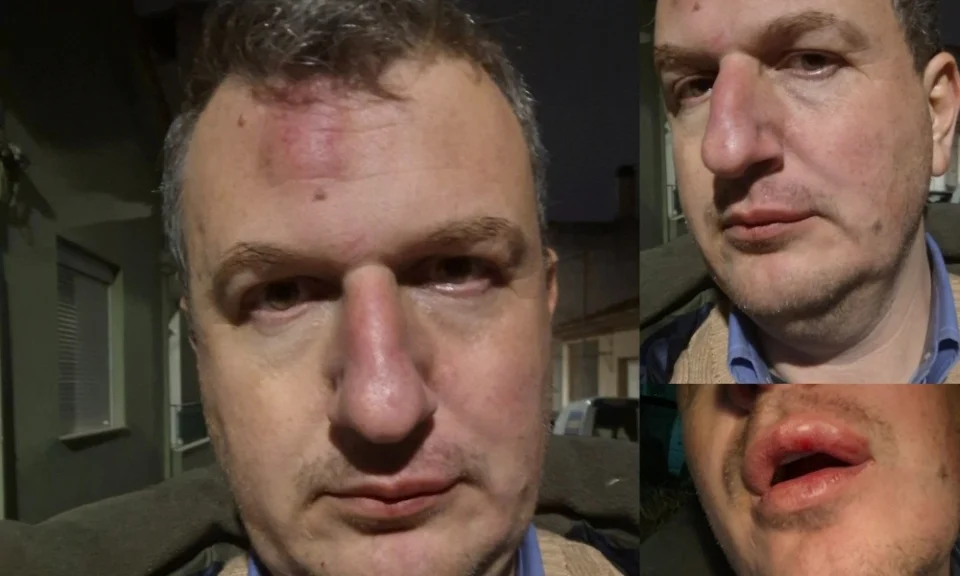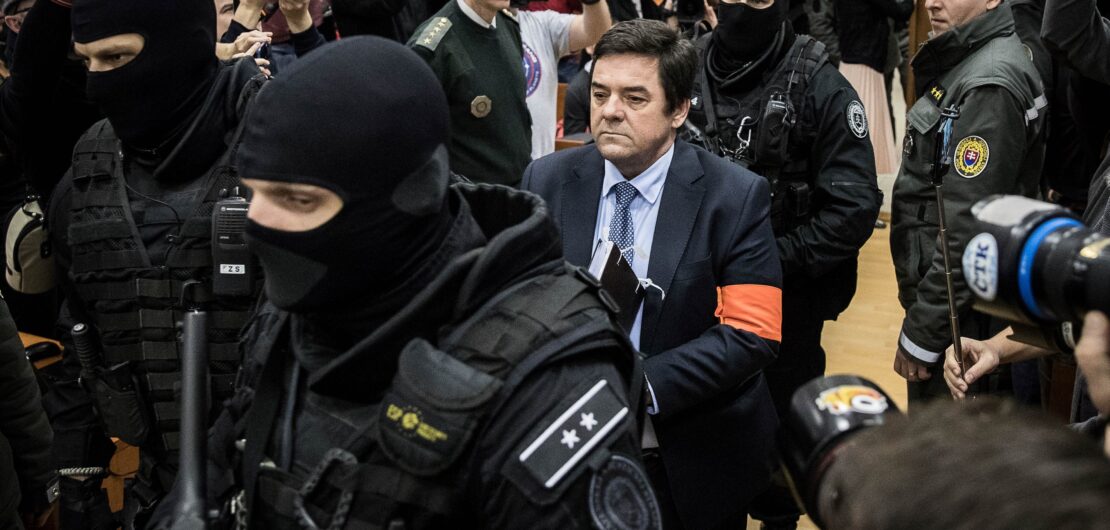
Romania: RSF Demands Thorough Probe into ‘Kompromat’ Campaign Against Journalist Emilia Șercan
September 16, 2024
Israel Revokes Al Jazeera Journalists’ Press Credentials Amid Escalating Media Crackdown
September 17, 2024September 17, 2024 – Belarus/Serbia –
Belarusian investigative journalist and filmmaker Andrey Gnyot—also known as Andrei Gnyot—remains under house arrest in Belgrade amid efforts by the Belarusian government to secure his extradition on politically motivated charges. Serbian authorities initially detained him in October 2023 on an Interpol red notice for alleged tax evasion—a charge Gnyot and press-freedom advocates say serves as a thinly veiled attempt to silence him.
On May 31, 2024, Serbia’s Higher Court in Belgrade ruled in favor of extraditing Gnyot to Belarus. The decision was later communicated officially in mid-June, prompting condemnation from the Committee to Protect Journalists (CPJ), which urged Serbian courts to overturn it and release him immediately, citing his deteriorating health and the political nature of the charges. Gnyot’s health has suffered since his detention; reports detail partial paralysis in his left foot from April 2024 and insufficient medical care.
Following appeals, on September 11, 2024, a Serbian appeals court returned the case to the Higher Court for a third review, prolonging his precarious legal status. Gnyot warned that any delay allows Belarusian authorities—known for staging sham charges—to concoct additional accusations aimed at reinforcing their extradition request.
The broader geopolitical implications are significant. CPJ warns that extraditing Gnyot would establish a dangerous precedent for authoritarian regimes to exploit Interpol in their cross-border repression. Legal and human rights groups, including Amnesty International, FIDH, and the EESC’s Fundamental Rights group, have also condemned the ruling, urging Serbia to uphold its human rights obligations under international treaties—particularly Article 3 of the ECHR prohibits extradition to countries where individuals face torture or inhuman treatment.
Human rights advocates highlight Belarus’s abysmal prison conditions, rampant torture, and politically charged sentencing, especially toward dissidents and journalists. They warn that if extradited, Gnyot could be sentenced to seven years for alleged tax evasion and potentially an additional ten years for being part of so-called “extremist” activities.
In response to the ruling, international artists—including Juliette Binoche and Svetlana Alexievich—have publicly appealed to Serbian authorities not to extradite him, describing the charges as politically motivated and warning that returning Gnyot to Belarus would threaten his life.
Gnyot’s case is now at a critical crossroads: his appeals and Serbia’s final legal and political decisions will test both regional human-rights commitments and the integrity of global protections against state-driven transnational repression.
Reference –




